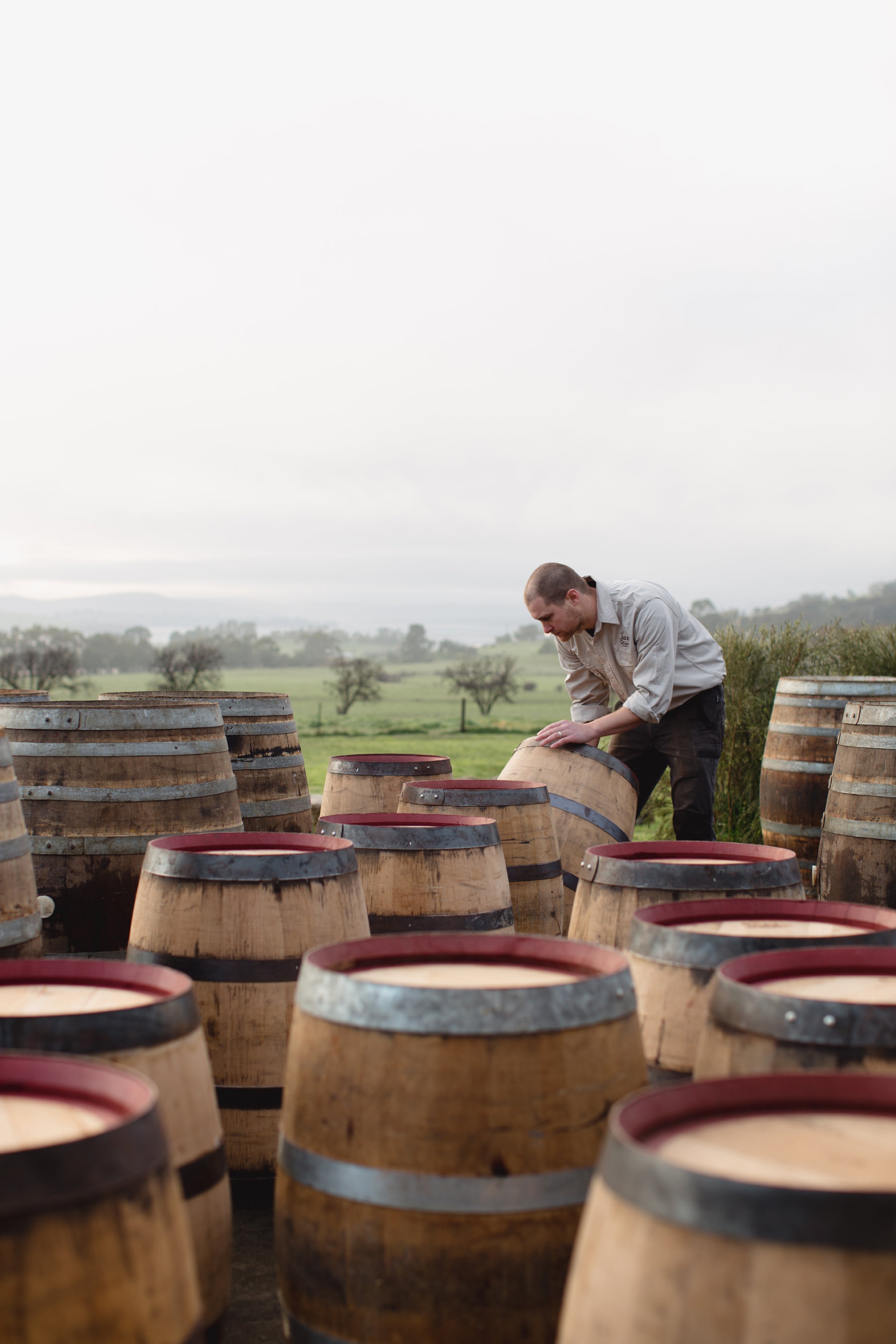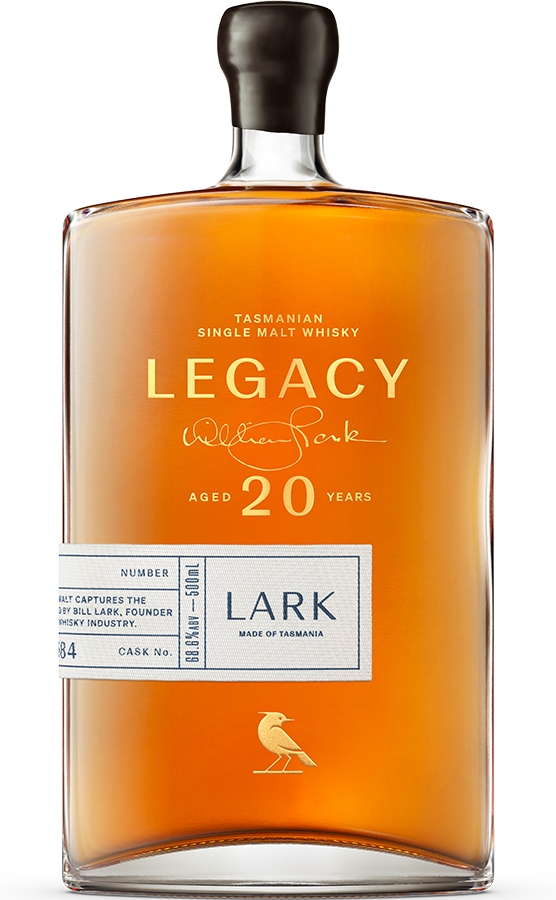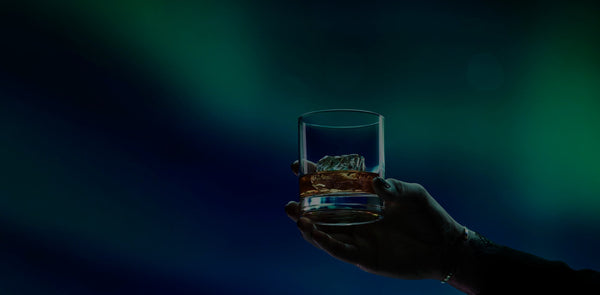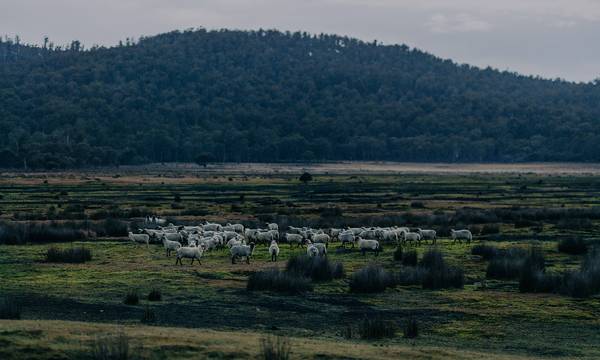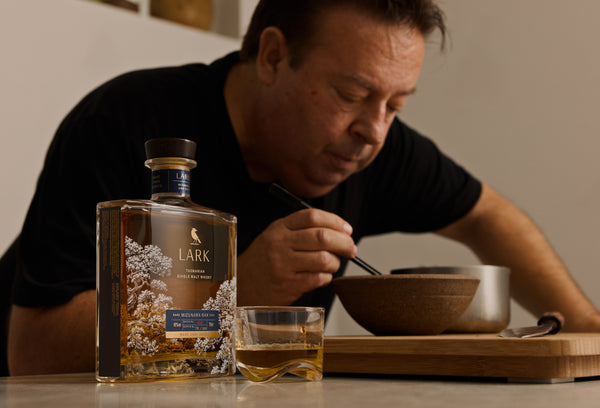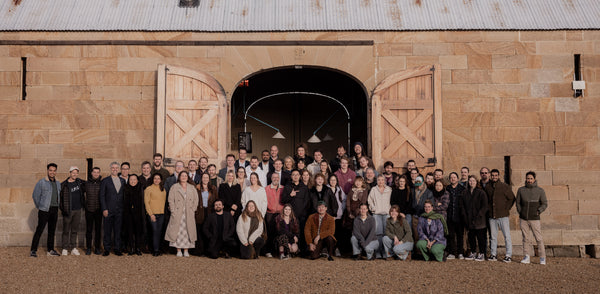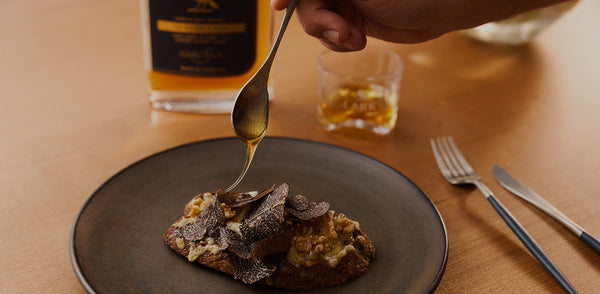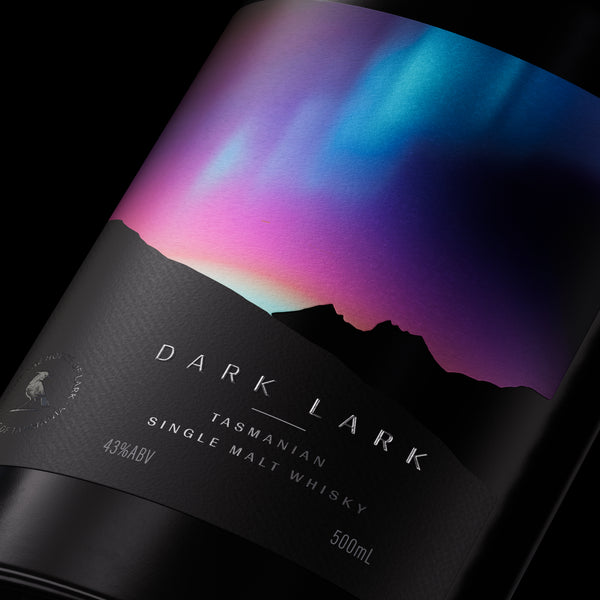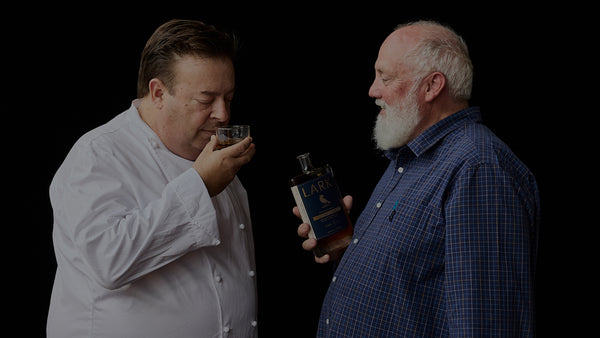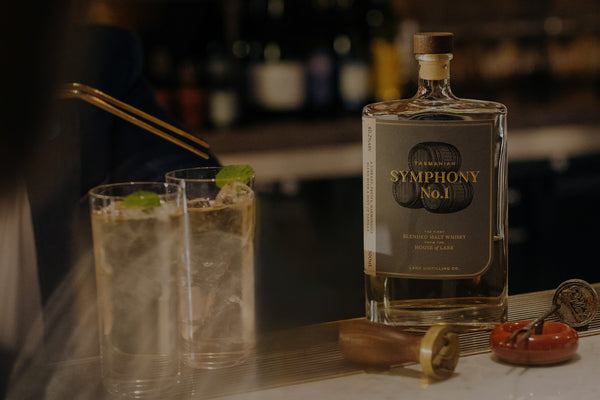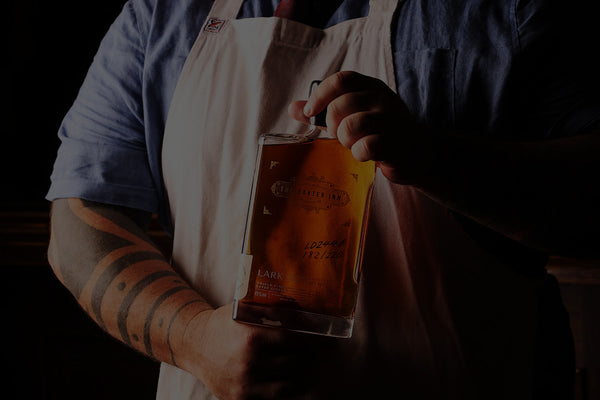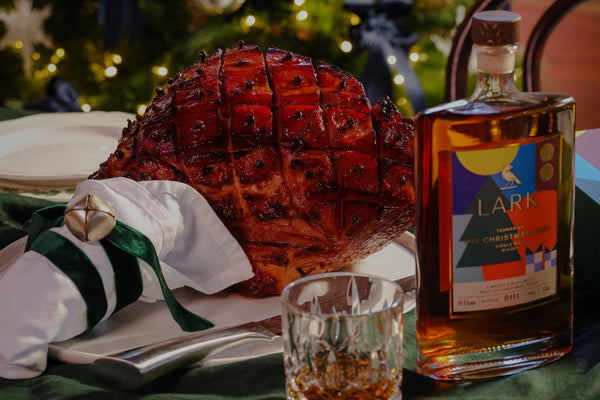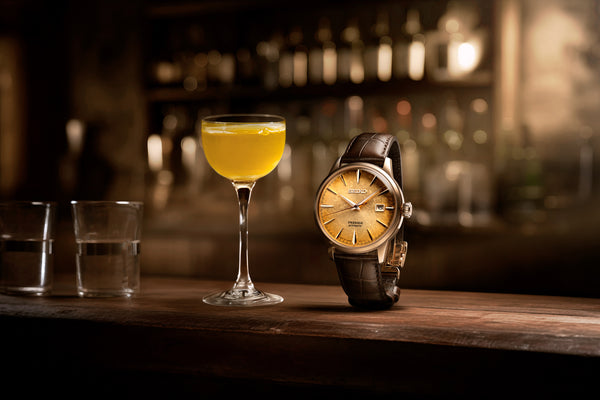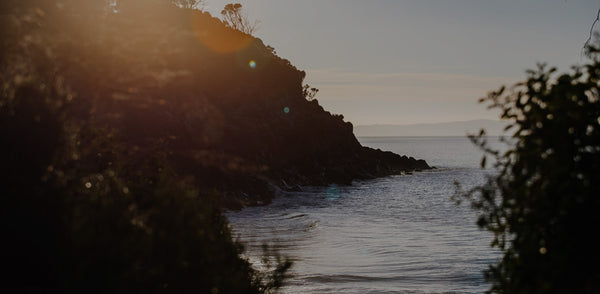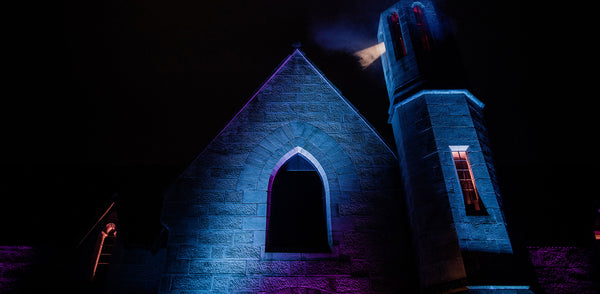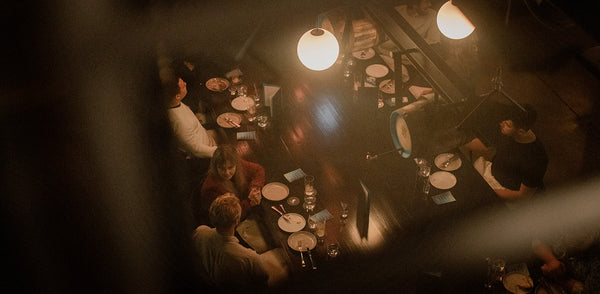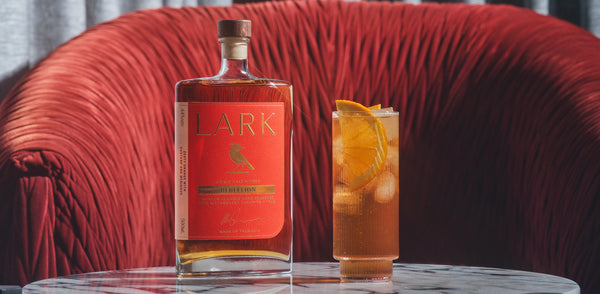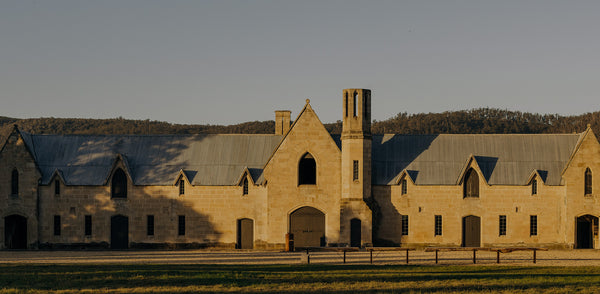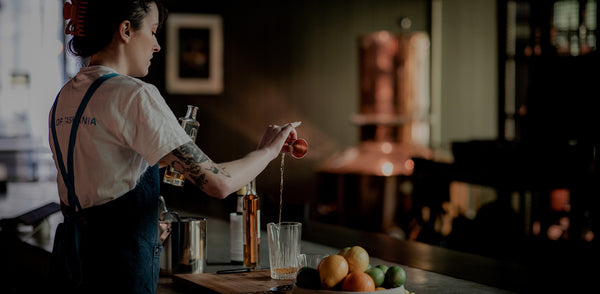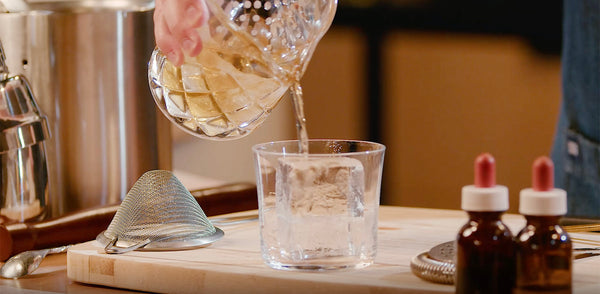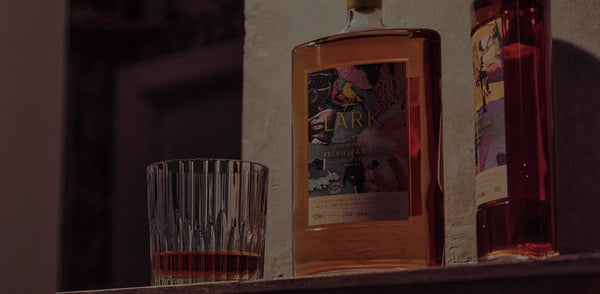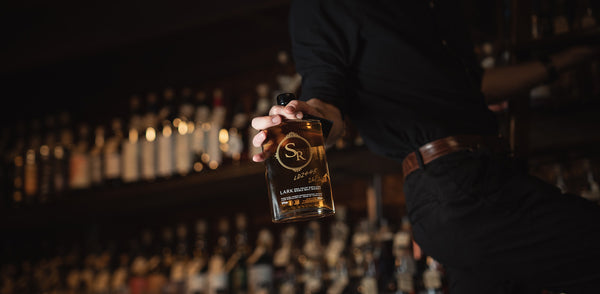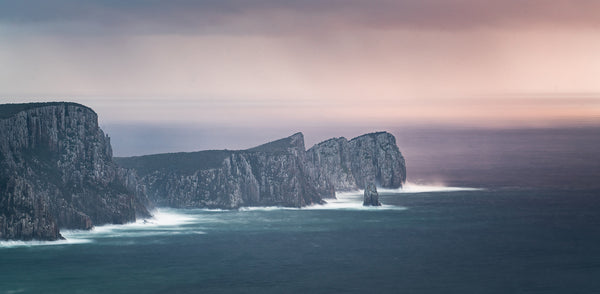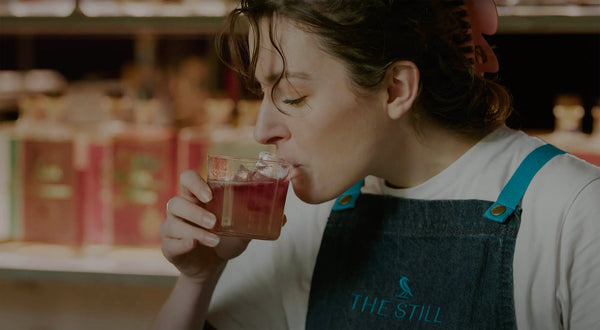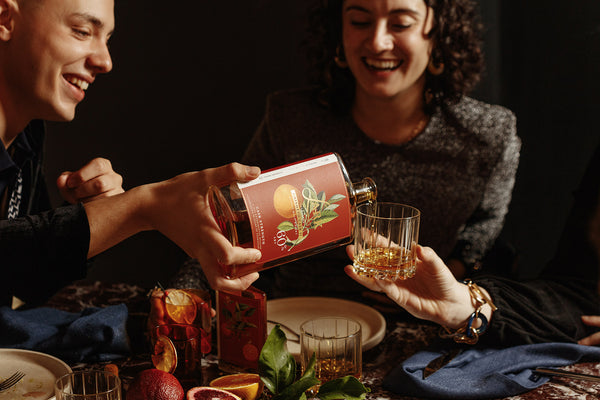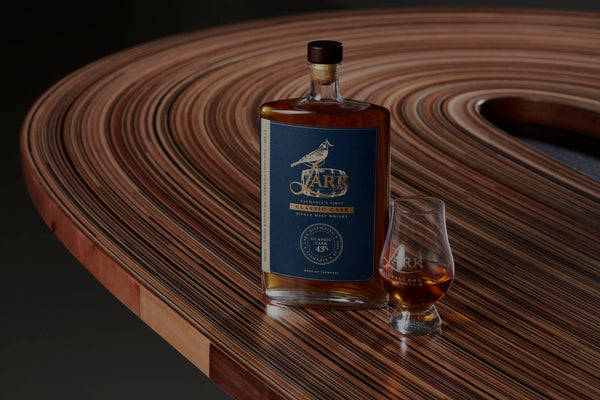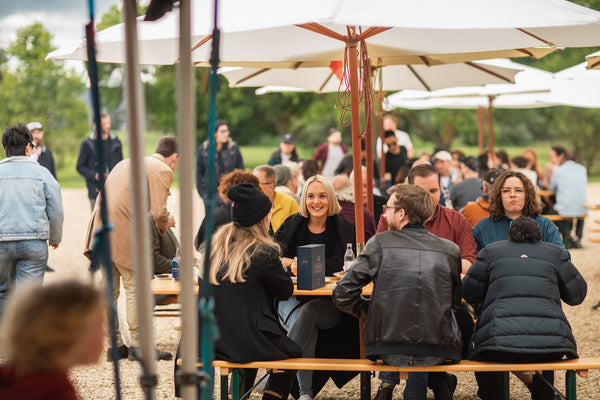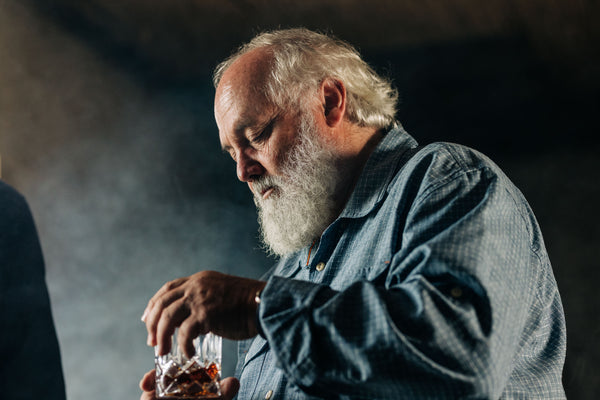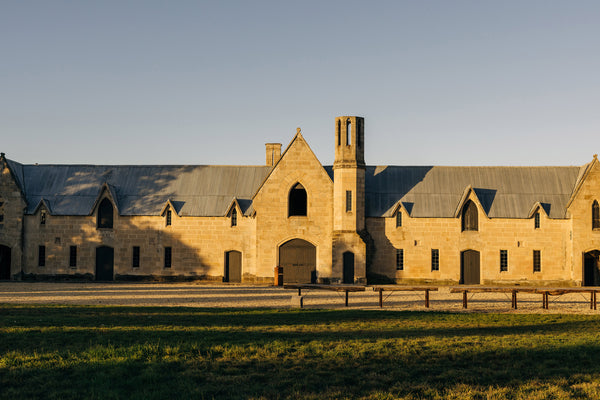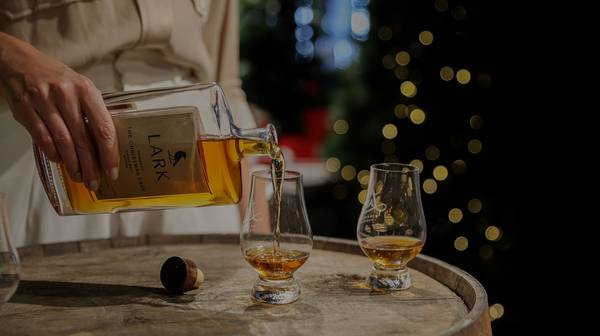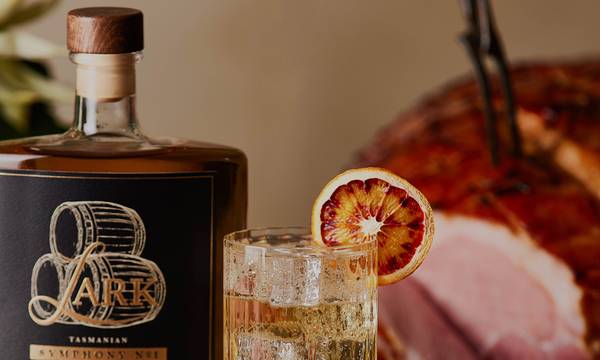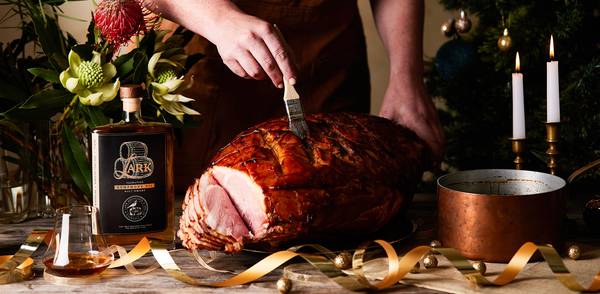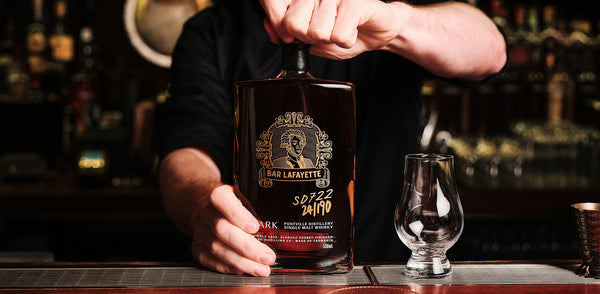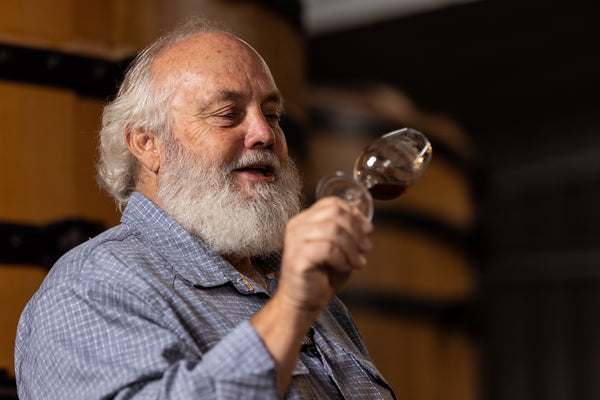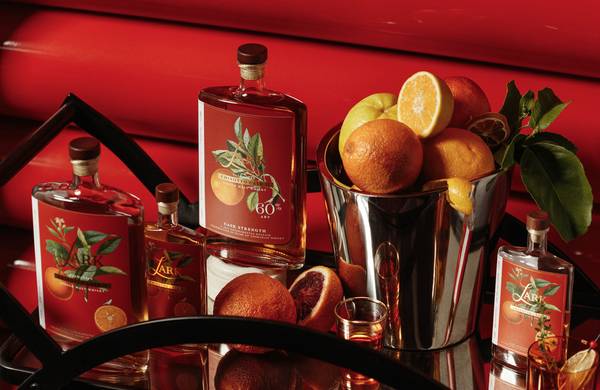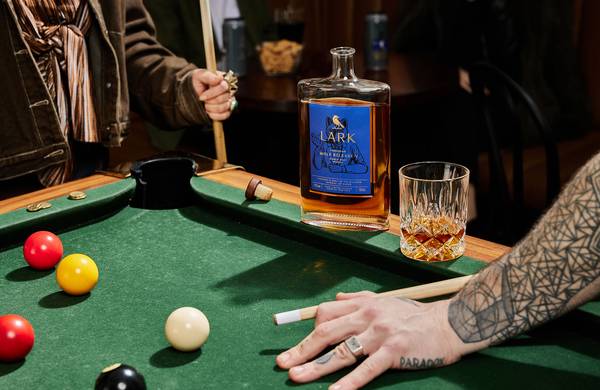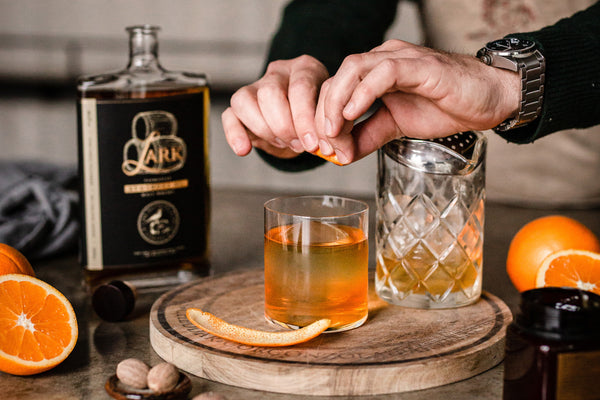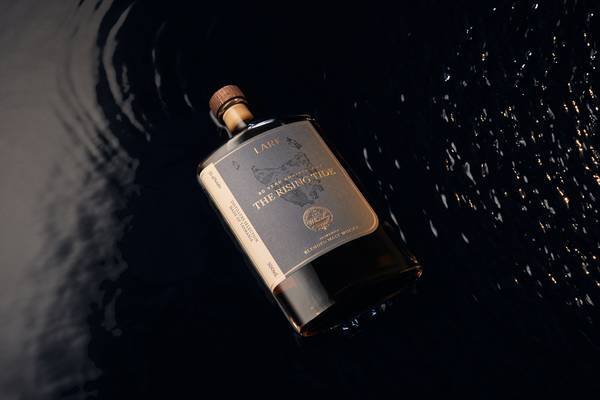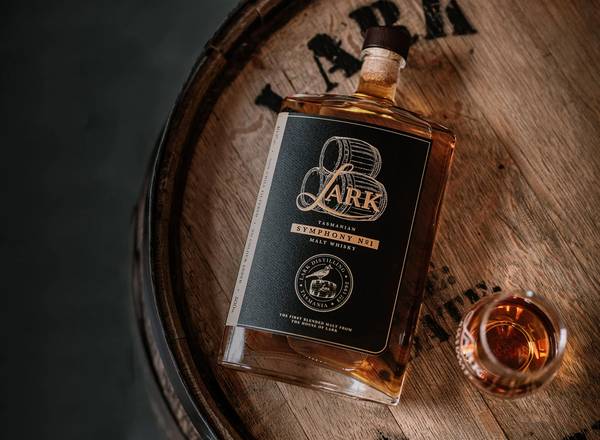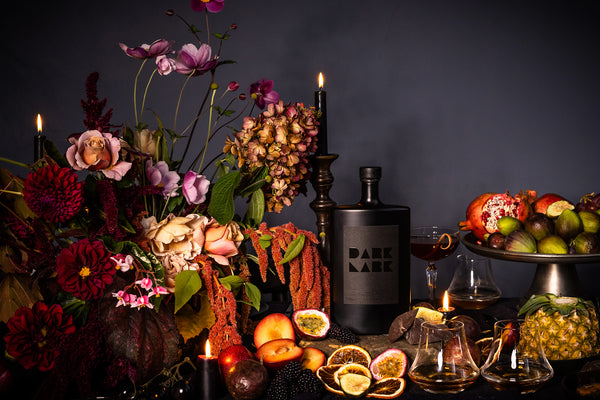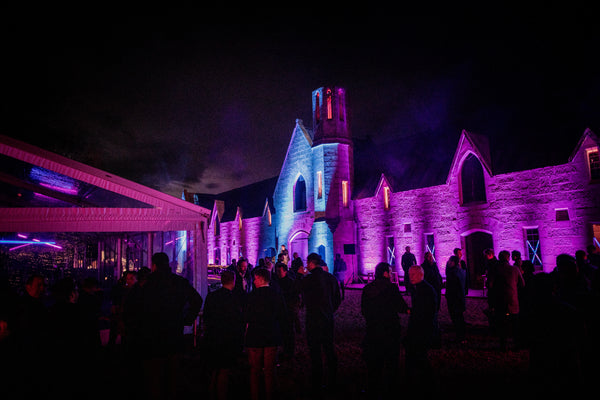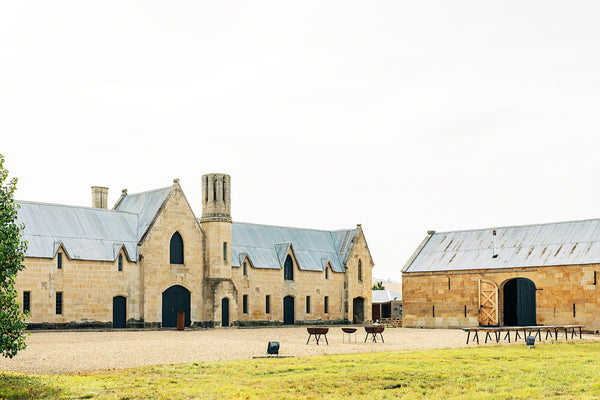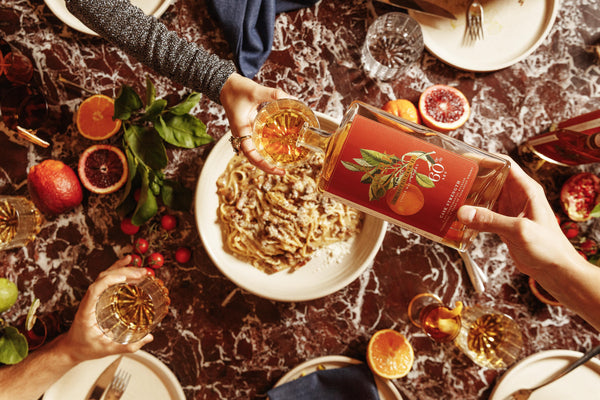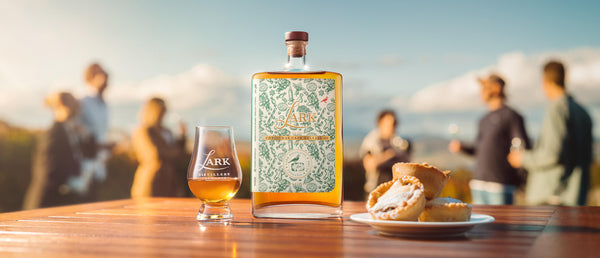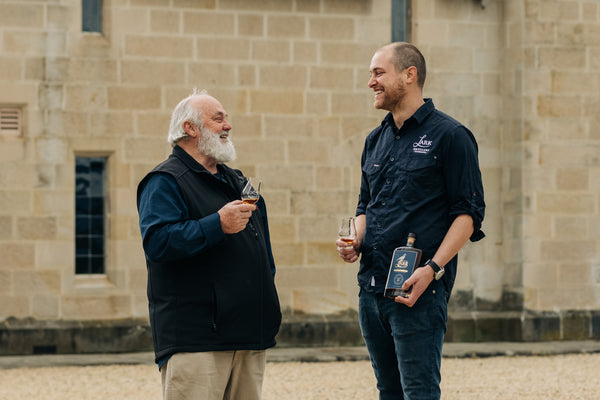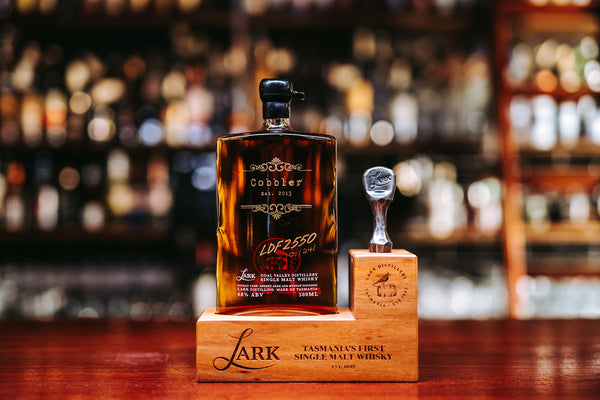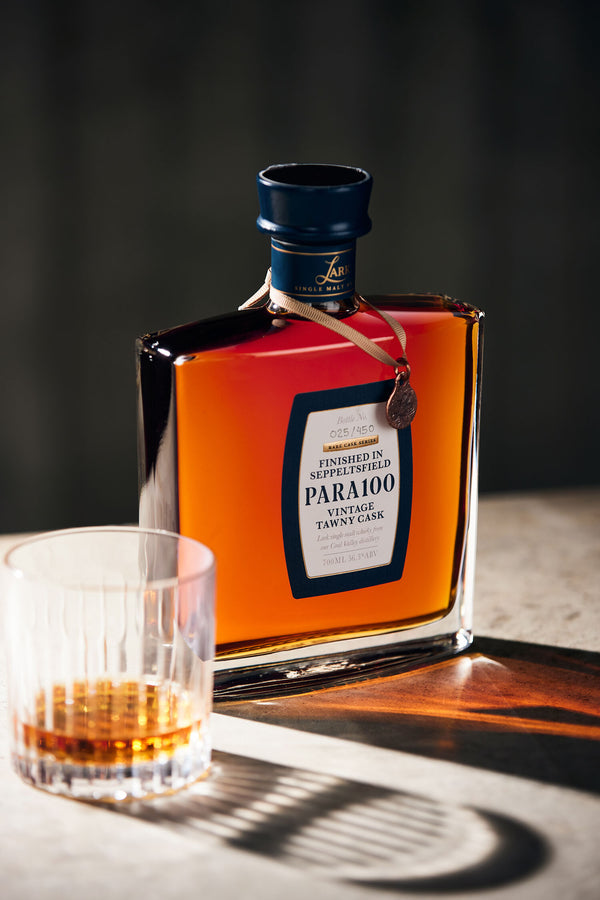The iconic Tasmanian whisky brand has released two rare whiskies 19 years in the making.
While the 30th anniversary of Lark Distillery is still a year away, founder Bill Lark is celebrating early. Lark are releasing Legacy: two of the rarest and oldest single malts ever to come out of Bill’s decades of experience pioneering the spirit in Australia, crafted during his tenure as Head Distiller at a renowned neighbouring Tasmanian distillery.
Legacy Cask One (HHF582B) is a single cask expression; a celebration of not just pure Tasmanian ingredients and makers, but of the importance of cask selection and the magic oak can produce. Legacy Cask Two (HHF585A) is a marriage made in heaven; an exciting example of the artistry illustrated at every stage of the whisky-making process.
For nearly two decades these precious spirits were nurtured, soaking up complexity and history under the careful watch of Bill before finding their permanent homes in the Lark bond store.
Chris Thomson, Lark’s current Head of Spirit Production, has been tending to the casks for the last seven years, readying them to be bottled and enjoyed. “The longer ageing process allows new flavours to form, creating an experience you'll find in very few Tasmanian whiskies,” he says.
It all started over 30 years ago with a dram of Scottish whisky and a pair of fly fishing rods careening over a Tasmanian lake. When Bill Lark posed the question to his father-in-law, “Why is no one making whisky in Tasmania?”
Lark soon found out one of the reasons was Australia’s restrictive distilling laws dating back 150 years made it impossible for small-batch alcohol to be distilled. So, he worked with his local member of Parliament to reverse the archaic rules and amend the legislation, so he could experiment with small stills. “Luckily, he was a chap that enjoyed an odd dram of whisky,” jokes Lark.
Given the go ahead, he and his wife Lyn started distilling Tasmanian bush liqueur, made from the native pepper berry, in their home in Kingston. Today, Lark is a publicly-traded company perched on five-acres of Tasmanian soil with close to 50 employees. Their gross revenue is up +95 percent year on year to $7.5m, and for the first time, they’re hitting an EBIT profit of +$1.3 million turnaround year on year to $611k.
